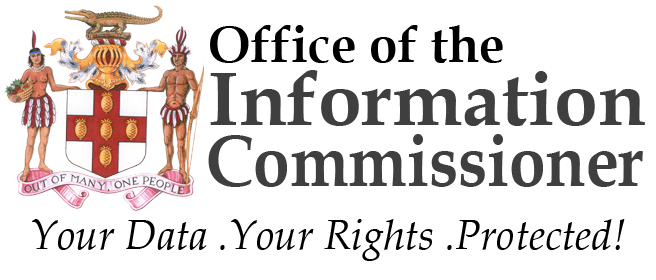Not every person who processes personal data is required to appoint a DPO. However, the Data Protection Act (DPA) underscores the importance of appointing a DPO as having a DPO can greatly assist in ensuring compliance with the DPA.
A competent DPOs plays an essential role in safeguarding data privacy, maintaining compliance with the Data Protection Act, and fostering trust among individuals in organization.
Key functions of a Data Protection Officer
- Advice: DPOs guide organizations in the development and implementation of data protection policies and procedures and can assist with sensitizing staff about the risks and responsibilities related to data protection.
- Monitoring: DPOs regularly monitor the organization’s data processing activities to assess their compliance with data protection standards and recommend measures for remedying any non-compliance.
- Data Protection Impact Assessments (DPIAs): DPOs lead the process of assessing the likely impact of data processing on individuals’ privacy to determine if they are high-risk and recommending risk mitigation strategies
- Data Protection Impact Assessments (DPIAs): DPOs lead the process of assessing the likely impact of data processing on individuals’ privacy to determine if they are high-risk and recommending risk mitigation strategies Data Breach Management: DPOs investigate and manage data breaches, facilitate communication with affected individuals, reporting to the Information Commissioner and ensuring appropriate measures are taken to minimize the impact and prevent
future breaches.
Important considerations when selecting DPOs
- Familiarity and Access: Thorough knowledge of the organisation, its business processes and the sector in which it operates and unfettered access to observe the organisation’s processing activities for personal data in all areas.
- Audit or Compliance Experience: Ability to identify risks associated with data processing activities and strong analytical skills to assess adherence to legal requirements and established procedures for data protection.
- Legal Knowledge and/or Specialized Privacy Training: A deep understanding of data protection laws, regulations and good practices to be applied within the context of the organization’s operations.
- Excellent Communication Skills: Ability to effectively cultivate a culture of data privacy among employees and collaborate with stakeholders to ensure a holistic approach to data protection throughout the organization.
- Technical Skills and Independence: Understanding of IT and data security and freedom to report to the Commissioner any violations of the data protection standards.
For additional information, please contact the Office of the Information Commissioner:
The Masonic Building (2nd Fl.)
45-47 Barbados Avenue, Kingston 5
Telephone: 876-920-4390;
Email: Click here to show mail address
